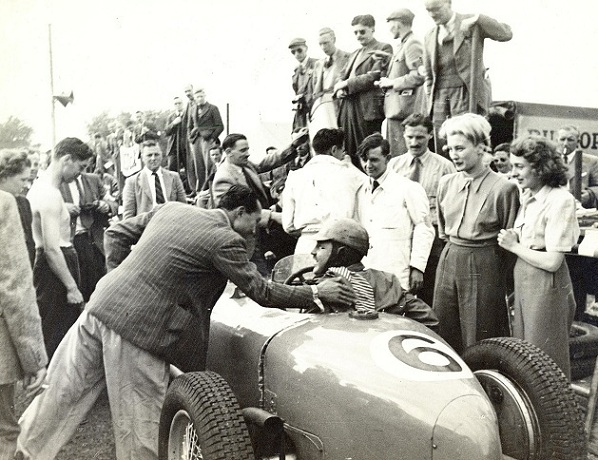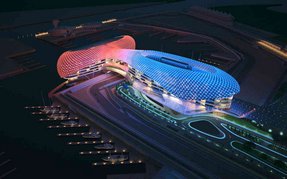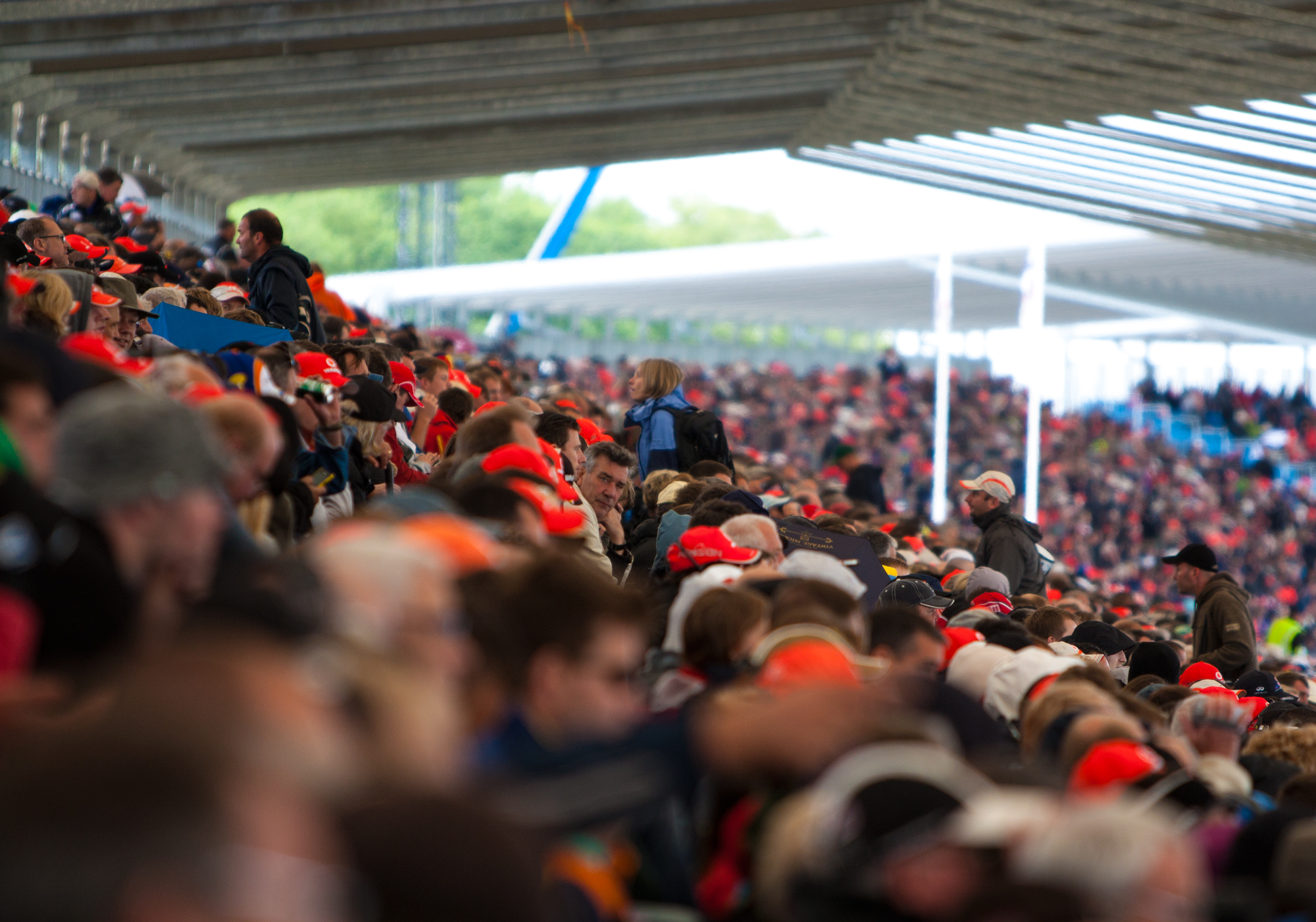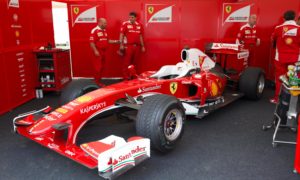FIA Presidential candidate, Jean Todt, today delivered an election manifesto which pushes for change throughout the governing body. However, as Forumula1.com s Ewan Marshall reveals, change could come at a high price for Formula One.
At first glance, Jean Todt s proposals may be viewed by fans and FIA member clubs alike to be quite positive.The Frenchman proposes a complete review of the conduct of racing stewards and the creation of a body to deal with the clarification of rules and the appeals process, allowing the World Motor Sport Council to concentrate on improving the sport as a whole.
The actions of stewards have been in the spotlight for a number of months now, in such incidents as Spa last year and to the disqualification of Renault, last time out in Hungary. Such decisions have led to many fans becoming disillusioned with the seemingly unfair ruling of the sport.
Another of Todt s proposals surrounds the creation of commissioners to oversee the running of each individual FIA-ran World Championships. Ultimately such a measure would remove the need for the incumbent FIA President to play such a hands-on role in the governance of Formula One, a decision which would please those fans who are of the opinion that the President is currently too deeply involved in the sport s political problems.
With this, Todt hopes for the FIA to be once again removed from the direct governance of its championships, to allow the governing body to once more take its place as an efficient and effective individual body to deal with all rule making decisions and sporting controversies.
However, in taking a closer look at Todt s proposals it would appear that the Frenchman s vision for the future of the FIA and Formula One is reminiscent of the governance of the sport from decades ago.
The creation of a commissioner for Formula One would effectively see the recreation of a similar environment to that of the Commission Sportive Internationale de la FIA, the CSI, mostly known by Formula One fans in its later form, the Fédération Internationale du Sport Automobile, or FISA.
Until the election of Max Mosley as FIA President in 1993, FISA had existed as a separate governing body of the sport, subordinate only to the FIA itself. Throughout its existence, FISA controlled Formula One with a clenched fist, under the autocratic reign of Jean-Marie Balestre. It was under these circumstances that Formula One was drawn into its greatest political civil war to date, the infamous FISA-FOCA war, a battle which makes the recent FIA-FOTA battle pale in comparison.
Whilst the FIA sat back and allowed its biggest asset to drift further from its control and into the brink of collapse, Balestre set about attempting to control both the sporting rules and the commercial side of the sport. For four long years, Formula One continued to stare into the abyss, as conflict after conflict raged on all fronts, between the Garagistes and the Grandees ; Ecclestone and Balestre; and the FOCA and the FISA. Only after thirteen long hours on one bitter day in January 1981, was the long-running saga brought to rest. Months later the Concorde Agreement was finally signed and sealed.
Although Todt’s proposals would distance the FIA from Formula One, defecting some of the harsh criticism which has been levied towards it in recent years, the establishment of a commissioner figure would again loosen the Federation’s grip on its prized asset. Whereas a commissioner loyal to Todt would simply be a puppet under a new administration, such a position could still create the possibility of a power struggle between President and commissioner.
It would also raise the question of how much power such a figure could hold over the sport and it’s future agreements. During the FISA-FOCA war, the World Motor Sport Council was merely another battlefield in the war of attrition. Throughout this war, the governing body and its President remained under the influence of Balestre and allowed him to gain more and more influence over the sport. Although FISA was the designated body for Formula One at the time, the FIA failed to exert any pressure on the organisation or Balestre, eventually allowing him to acquire the title of FIA President in 1985.
Could this situation reappear once more if a future Formula One commissioner gained considerable power over his or her sport? And what would this say about a future FIA President’s authority to govern Formula One? No longer would you have the highest figure in the automobile world controlling its flagship sport.
The current Concorde Agreement also presents another conflicting issue with Todt s election manifesto. The agreement states the governing body and the commercial rights holder will remain separate in the running of Formula One. Under Todt s proposal s the commissioner would also have a degree of control over the commercial rights of the sport.
If such a position was to be created, this would only infuriate both the CVC and Formula One s Chief Executive, Bernie Ecclestone – the man who fought so long and hard against the leadership of Balestre to maintain a distinction between those who make the rules and those who actually organise the calendar and the sport s commercial dealings.
How Todt expects to get around the Concorde Agreement remains unclear. Unlike Max Mosley s previous administration, which dissolved the FISA and incorporated it into the FIA, Todt has yet to receive the backing of Ecclestone. Whereas Mosley was more than happy to maintain a separation between the FIA and Formula One Management, signing away its commercial rights to Ecclestone’s company for over a hundred years, Todt appears to want to take such rights back, therefore placing himself in direct conflict with the teams who have tonight welcomed the new Concorde Agreement and its legislation.
Although Todt s manifesto appears to breathe new life into the FIA, it comes at a costly price. Having just escaped another serious threat to its future, the governance of Formula One looks set to be yet again thrown into a state confusion, if Todt is elected and carries out his proposals.
At a time where motorsport requires strong and directive leadership, Todt appears to want to dilute the governing body and its functions, risking total catastrophe once more.








